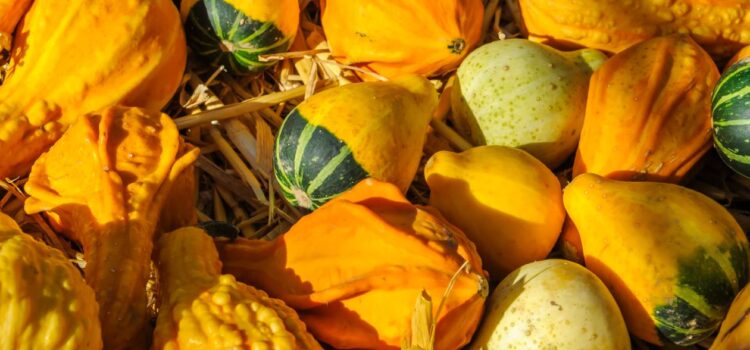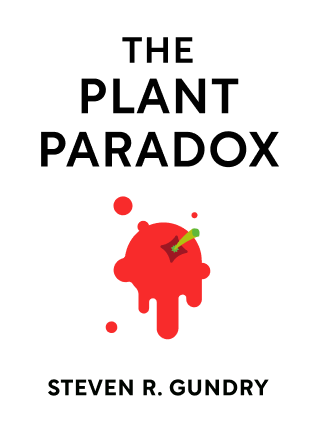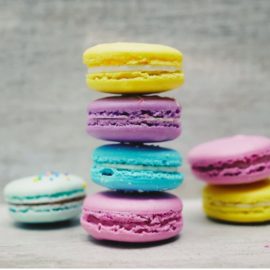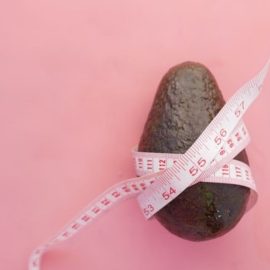

This article is an excerpt from the Shortform summary of "The Plant Paradox" by Steven R. Gundry. Shortform has the world's best summaries of books you should be reading.
Like this article? Sign up for a free trial here .
What is the Plant Paradox book? How does it recommend we change our diets? Who is the author of The Plant Paradox?
The Plant Paradox book is written by Dr. Steven Gundry. The book offers the theory that plants have toxins that are making us sick and we have to consume the right ones.
Read more about the Plant Paradox book and the theories shared by the author of The Plant Paradox book.
What Is the Plant Paradox Book About?
From Atkins to paleo, countless people are looking for solutions to their weight and health issues, trying diet after diet with no success, and wondering, “What am I doing wrong?”
Besides dropping a jean size, there are serious health consequences of your eating and exercise habits—including food intolerances, headaches, digestive issues, joint pain, autoimmune diseases, and diabetes. Meanwhile, our culture perpetuates healthy food myths, and many commonly blamed culprits (e.g. fast food, sugary drinks, and general laziness) are not the main problem.
Since the mid-1960s, Americans’ health has increasingly worsened, with a rise in obesity, diabetes, autoimmune diseases, cancer, and other ailments. It turns out that the smallest things can cause the biggest problems; lectins, a type of plant protein, are toxins that wreak havoc on your internal health, causing weight gain, inflammation, and other physical issues.
(Shortform note: Health organizations including the Mayo Clinic and the Harvard School of Public Health acknowledge the harmful effects of active lectins, but they add that people generally don’t eat enough to cause major health issues and that most lectin-containing foods have health benefits that far outweigh the negative effects of the lectins.)
Who Is the Author of The Plant Paradox?
The author developed this theory and program through his career as a heart surgeon, cardiologist, and immunologist, as well as his own dramatic weight loss. He learned how certain foods affect the immune system and how that can lead to weight gain and disease. He went on to establish the International Heart and Lung Institute and eventually write the plant paradox book.
The Plant Paradox Program (PPP) calls for eliminating so-called “disruptors”—including certain foods, chemicals, and medicines. Instead, followers eat certain vegetables, pastured meats, wild-caught seafood, few fruits, tree nuts, and specific oils and dairy products.
The program in the plant paradox book is based on the premise that the key to your health is less about what you add to your diet and more about what you remove—namely, lectins and other so-called “disruptors,” which are in certain foods, chemicals, and medicines. These tiny culprits are at the cause of the biggest health problems we face, from obesity to cancer to Parkinson’s.
The paradox of the Plant Paradox book is that certain fruits and vegetables contain lots of health-harming lectins that you must avoid, but much of the diet relies on eating other, lectin-free vegetables. The PPP consists mainly of certain vegetables, pastured meats, wild-caught seafood, few fruits, tree nuts, and specific oils and dairy products.
Why Not Being On The PPP Is Making You Fat And Sick
Lectins break through your gut wall and into other areas of your body. Your immune system recognizes the lectins as foreign invaders and attacks. In order to fight the war on lectins, your body needs its soldiers—white blood cells—to be well fed, so it diverts calories from your muscles and brain and stores them as fat (fuel) for your white blood cells.
Additionally, your body makes you hungrier so you’ll ingest more calories to fuel the battle. Your body stores the fat near the battlefront to make it easily accessible to the white blood cells (in other words, belly fat is a sign of a battle happening in your gut). So being overweight is a sign that a battle is going on inside your body.
Lectins also masquerade as certain hormones, in some cases instructing your cells to continually store fat.
Lectins’ fattening effects were beneficial to our ancestors because gaining weight gave them a better chance of surviving winter, when food was scarce. But in today’s context, lectins and their fattening effects are no longer helpful but harmful.
Additionally, human genes are designed to help you live long enough to have offspring to propagate the species, and then die off so that the next generation has enough food and resources to do the same (again, this adaptation is less relevant for humans today). The grain-and-dairy diet does just that, fattening you up and then bringing on diseases that prevent a long, healthy life.
There are countless diets out there—including low carb, ketogenic, and low-fat/whole-grain diets—but most don’t address the root issue, which is that the food that you eat and products you use trigger biological responses in your body that make you fat or unhealthy. Additionally, many diets focus on major short-term efforts that produce quick results but don’t change long-term habits, so you gain the weight right back.

———End of Preview———
Like what you just read? Read the rest of the world's best summary of Steven R. Gundry's "The Plant Paradox" at Shortform .
Here's what you'll find in our full The Plant Paradox summary :
- Why eating more vegetables isn't enough, and why some vegetables are toxic to your body
- The science behind lectins and how they tear apart your body, making you fat and sick
- The 6-week program to get your body back on healthy grack







Glad you included a note saying that Harvard state the one plant compound that is apparently make us sick and obese isn’t actually found in quantities high enough to do damage.